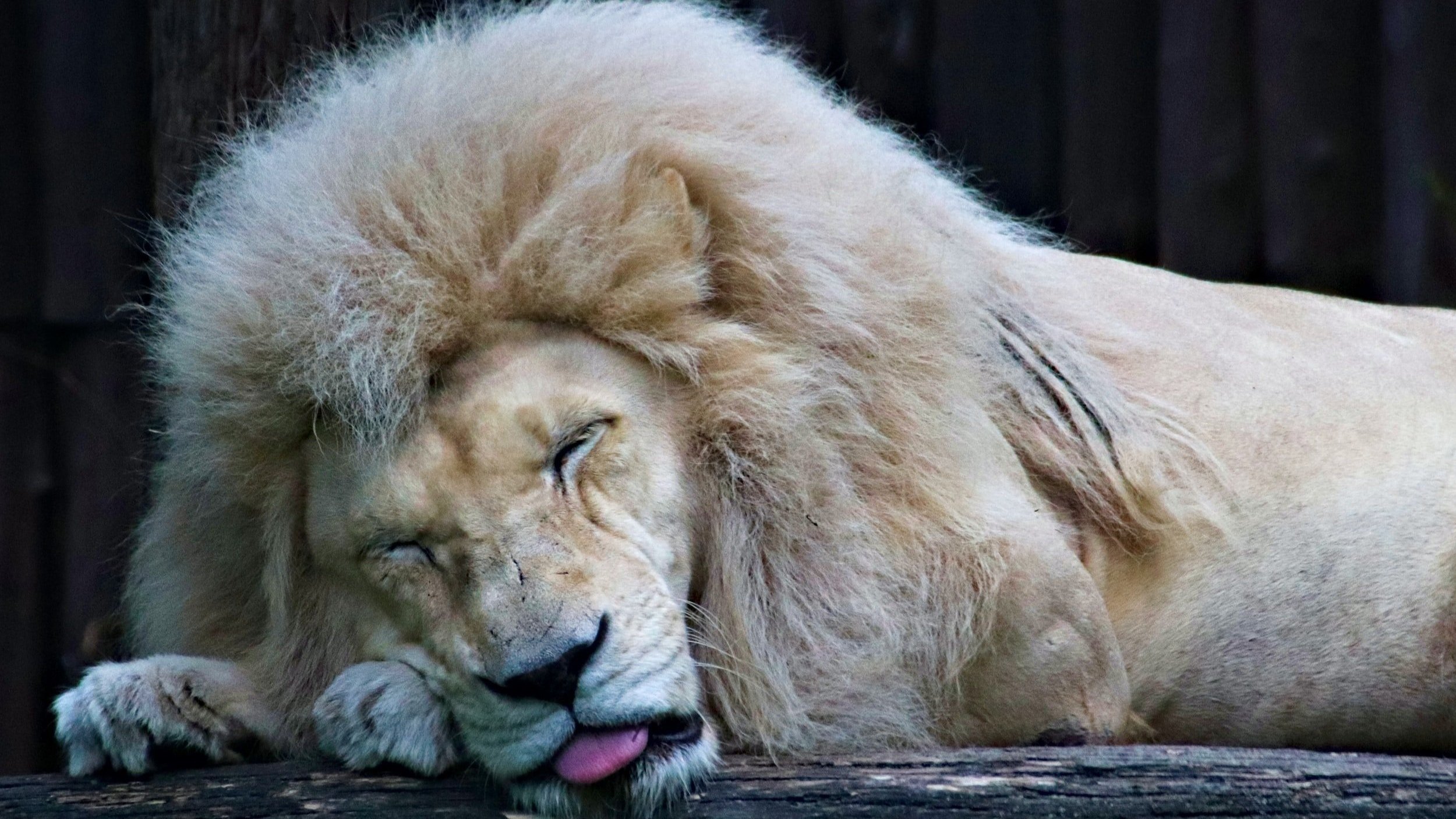Acupuncture for Insomnia
We all know the importance of consistent, quality sleep. Sleep provides your body the opportunity to repair the damage done in a day. Sleep is important for physical renewal, hormone regulation, repair, and growth.
Without adequate quality and quantity of sleep you’re more likely to get sick, feel depressed, and gain an unhealthy amount of weight. We are also more prone to making cognitive mistakes, have poor judgement, and are less productive.
According to the National Sleep Foundation’s 2008 Sleep in America poll, those who sleep less than 6 hours per night on workdays are significantly more likely to be obese than those who sleep 8 hours or more (41% vs. 28%).
Sleep deficiency is associated with problems in concentration, memory and the immune system, and may even shorten life span.
In order for the brain to complete its work, it needs 7 to 8 hours of sleep. When it gets less, your concentration, creativity, mood regulation, and productivity all take a hit.
Sleep Facts:
Myth: we simply need less sleep as we age
Fact: We need just as much sleep in our 60s, 70s [and] 80s, as we do when we're in our 40s. It's simply that the brain is not capable of generating that sleep, which it still needs, and the body still needs. it's not only the quantity of sleep that changes with aging, it's also the quality of sleep.
The very deepest stages of non-REM sleep — those are selectively eroded by the aging process.
By the time you're in your 50s, you've perhaps lost almost 40 to 50 percent of that deep sleep you were having, for example, when you were a teenager. By age 70, you may have lost almost 90 percent of that deep sleep.
Myth: insomnia affects men and women equally
Fact: Insomnia is more prevalent among women, especially with the onset of menstruation and menopause, and older adults.
Myth: You can make up for lost sleep on the weekends.
Fact: You can’t repay what you have taken from the sleep bank.
Sleep is not like the bank, so you can't accumulate a debt and then try and pay it off at a later point in time.
Many people make this mistake and think they can catch up on the weekends, but the chemical reality is that you never get back what you lose when it comes to sleep.
Myth: as long as I get 8 hours of sleep, I’m good regardless of when I wake up.
Fact: irregular wake up times negatively impacts metabolism.
Hormones ghrelin and leptin are associated with insomnia and weight gain.
Ghrelin is a hormone that increases appetite. Leptin tells you when you have enough energy stored, shutting down appetite.
Sleep loss leads to increased ghrelin and decreased leptin, a double whammy that stimulates appetite.
just 30 fewer minutes sleep than you should per weekday can increase your risk of obesity and diabetes.
the more sleep-deprived you are, the higher your levels of the stress hormone cortisol, which also increases your appetite
a larger study of 225 people found that those who only spent four hours in bed for five consecutive nights gained almost two pounds more than those who were in bed for about 10 hours, over the course of a week.
when you’re sleep deprived is because your body goes into survival mode. Sleeplessness can fool your body into thinking you’re in danger. Your metabolism slows because your body is trying to maintain its resources, and it also wants more fuel,
Sleep is probably the most important thing a person can do if they’re ready to start a diet and lose weight
Fact: The human immune system and sleep both are associated and influenced by each other. Sleep deprivation makes a living body susceptible to many infectious agents.
What causes insomnia?
stress and anxiety
pain, such as back pain
frequent urination/urge to urinate at night
hot flashes
sleep apnea
arthritis
asthma
restless leg syndrome
digestive problems
allergies or respiratory conditions
working nights or shift work
alcohol and drug use
neurological conditions, such as Parkinson’s disease
certain medications, including antidepressants, psychostimulants, anticonvulsants, decongestants, steroids and dopamine agonists
On how caffeine, alcohol & sleeping pills affects sleep
Caffeine not only stops you from falling asleep, but even if you can fall asleep after having caffeine, it will affect how deeply you sleep. This causes people to wake up feeling unrefreshed and underslept. Just because caffeine isn’t obviously affecting sleep, doesn’t mean the effects are any less deleterious.
Alcohol
sedative drug --what you're doing there is simply knocking yourself out.
You are removing consciousness quickly from the brain by way of having alcohol, but you're not putting yourself into naturalistic sleep.
alcohol will fragment your sleep — it will litter it and punctuate it with many more awakenings throughout the night, so short ... that you tend not to remember them.
Alcohol is very good at blocking your REM sleep, or your dream sleep, which is critical for aspects of mental health within the brain and emotional restitution too.
Sleeping pills create unnatural sleep
Sleeping pills that we have do not produce naturalistic sleep. They are all a broad set of chemicals called sedative hypnotics, and sedation is not sleep, it's very different. It doesn't give you the restorative natural benefits of sleep
What can you do if you cannot sleep?
DON’T
stay in bed for very long awake, because your brain quickly learns that the bed is about being awake.
DO
Go to another room — a room that's dim. Just read a book — no screens, no phones — and only when you're sleepy return to the bed.
Cool down the room: Opt for a range between 60 and 73 degrees A slightly chilly temperature helps decrease your body’s internal thermometer, initiating sleepiness and ensuring that you stay comfortable throughout the night.
Create the right environment: dim the lights at least 30 minutes before bedtime. Turn off extra noises, lights and distractions. Turn on a fan, white noise machine, calming instrumental music or use earplugs to adjust your environment to be the most comfortable to you.
Try Essential Oils: Lavender and chamomile are Studies suggest that lavender oil can improve your sleep quality, eliminate insomnia and works as a natural sedative. And chamomile, whether in tea, tincture or essential oil form, is one of the best medicinal herbs for fighting stress and promoting relaxation.
DON’T: get keyed up before bed
DO: Reduce Stress right before bedtime.
Skip late night sugar and simple carbs
Avoid eating sugary sweets, chocolate, simple carbs, juice or high-glycemic fruit just before bed, as it can spike blood sugar, boost your energy and you can wake up feeling hungry — literally fueling insomnia.
Keep electronics out of the bedroom
Watching television in bed and answering late-night work emails can trick your brain into thinking that your bed is just another spot to get things done and not the place to settle down after a long day.
Maintain a regular sleep schedule
Keep your circadian rhythm in check by adhering to a regular sleep schedule as much as possible — yes, even on weekends! Take a nap if you are tired on the weekend rather than sleeping in late to “catch up”.
Limit caffeine after 12 p.m.
caffeine’s effects can last up to 12 hours and seriously disrupt sleep
If you can’t sleep at night, your mid-afternoon cup of joe and even a caffeine overdose might be to blame.
Work out in the morning
That rush of endorphins you feel after a solid workout is awesome — until it’s the reason you can’t sleep at night. Try shifting your workout schedule to the mornings. But don’t stop exercising as it benefits sleep
Journal before bed
When you can’t sleep, oftentimes, it’s our own thoughts preventing us from falling asleep. Instead of running through situations or problems in your mind after lights out, try journaling before bed. It’s a therapeutic way to address what might be troubling you and chronicle your day before drifting to sleep.
Add magnesium food or supplements
A magnesium deficiency can lead to sleepless nights. One study in the Journal of Research in Medical Sciences found that magnesium supplements improved insomnia and sleep efficiency. Opt for 500 milligrams daily.
Get some sunshine
Starting your day with natural light exposure helps reset your biological clock. It also balances your body’s melatonin and cortisol levels, and serves as a natural source of vitamin D. In fact, research shows that vitamin D deficiency may be linked to sleep disorders.
Relax with a bath
Instead of taking a rushed shower, try a bath instead. Add lavender essential oil.
Sip on chamomile tea
Meditate with breathing, prayer and thankfulness
Use natural sleep supplements
If you find yourself facing a chronic lack of sleep, consider natural sleep supplements like valerian root, passion flower and melatonin. Research shows that these natural sleep supplements may help to improve sleep quality without producing side effects. But these should be used for a limited time only
Invest in a good mattress and weighted blankets
The blanket can weigh anywhere from 10 to 20 pounds and is weighted down by beads lined inside the blanket that work like a deep tissue massage. This weight apparently can create serotonin in your body, of which some of that becomes melatonin and helps you get your rest.
Acupuncture helps with insomnia
Acupuncture can be a potent therapy for those suffering with chronic or acute insomnia related to stress and an over-active mind. Acupuncture works to treat insomnia by regulating the HPA axis, down-regulating stress hormones and up-regulating serotonin and dopamine.
If you struggle to get quality sleep at night and you are looking for natural solutions to help you, schedule an appointment today.

